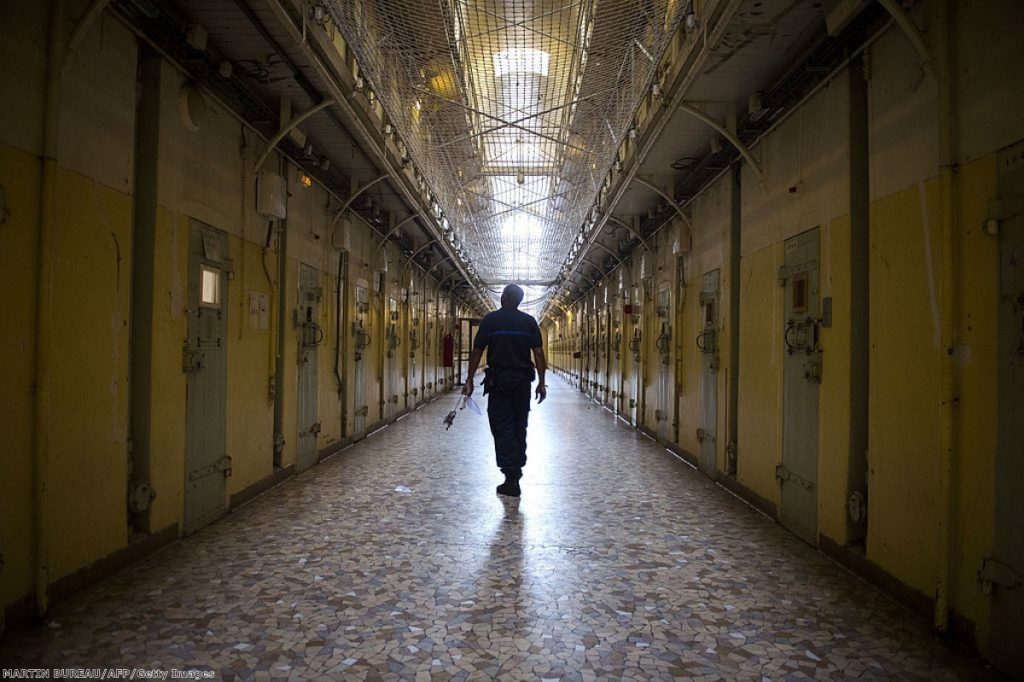I wish I’d never decided to work in an immigration detention centre
By anonymous
Hindsight is a wonderful thing. If I knew what it was like to work in an immigration removal centre (IRC) before I accepted the position, would I still have come?
My background is in prisons. That's the same for most of the staff. Prisons are horrible. It's a hundred miles an hour from the minute you report for duty until your shift ends. But in the prison service, we're at least trained to a very high standard in all kinds of things, from control and restraint to restorative justice.
Removal centres are completely different. The main reason? The people we look after aren't criminals.


That takes a while to get your head around. Their crime, if you can call it that, is that they're not entitled to permanent residence in the UK – not yet anyway. And guess what? I can't help them. All that training, experience and common sense I've used in my career? Totally irrelevant.
The decisions are made by the faceless men and women of the Home Office. We have a Home Office presence within the centre, but the truth is they're as dumbfounded at the decisions taken by their colleagues as the rest of us.
So what do I do?
I unlock the detainees in the morning, and I lock them back up again at night. That's the only constant in my working day. I help them use fax machines or get property from reception, I give out letters and check their rooms daily to make sure everything is as it should be. These are the mundane activities which make up my working day.
I suppose it doesn't sound so bad. After all, I'm well paid. I work bank holidays, Christmas and Easter, but I have plenty of time off throughout the year to compensate.
But I'm troubled. I'm troubled because of the things I see and hear on a daily basis. I see men who are desperately missing their families. I see men who have left war zones and arrived here in all kinds of strange ways, tormented and haunted by their memories. I see men who have lived here nearly all their lives, with houses, jobs, children and friends, who are part of their local communities, suddenly ripped away from all they know, with the threat of being deported half way around the world to a country they know nothing of.
This leads to self-harm. It leads to suicide attempts. It leads to depression and cries for help. We do what we can to keep them safe, and the truth is we do it well. Over the course of any given 12 months, my colleagues and I will save literally hundreds of men from committing serious injury or death to themselves. But this isn't about percentages. One lost detainee is one too many, and therefore we'll always lose.
Ask me a question about most things and I will have an answer. But it keeps me awake at night, knowing that the system we operate is wrong but that I don't know what we can do to improve it.
I do believe that immigration removal centres will no longer exist in the next few years and the detainees I currently lock up will somehow be managed out in the community.
How many more cases of concerted indiscipline, suicide and self-harm attempts will I have to deal with before that happens? How many more detainees in deep crisis and depression will I have to manage? Too many.
If I knew then what I know now, I might well have decided not to come and work within the immigration estate. But I can never erase the memories I have as if they didn't happen. They did happen. Just not to me.
The author is a guard in an immigration detention centre. He wishes to remain anonymous.
The opinions in Politics.co.uk's Comment and Analysis section are those of the author and are no reflection of the views of the website or its owners.









